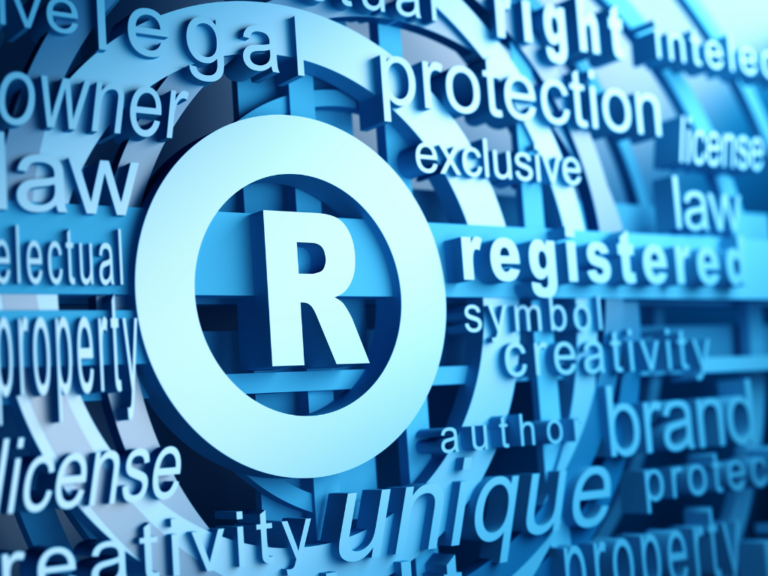Call us now:
Trademark registration for hotels in Vietnam is an essential step for businesses looking to establish and protect their brand identity in a competitive tourism market. By securing a registered trademark, hotel owners can prevent unauthorized use of their brand, strengthen their reputation, and increase customer trust. This process not only safeguards intellectual property but also enhances brand recognition, giving hotels a competitive edge in attracting both domestic and international guests. In this guide, we explore the importance, benefits, and process of trademark registration for hotels in Vietnam.

Why Register a Trademark for Hotels in Khánh Hòa, Vietnam?
Trademark registration for hotels in Vietnam provides significant benefits for protecting legal rights and maintaining the reputation of the business. When a trademark is legally recognized and protected, the business has the exclusive right to use it, preventing competitors from copying or imitating the brand. This protection helps safeguard the hotel’s image and reputation, avoiding customer confusion and preserving the business’s credibility.
Specifically, trademark registration establishes a strong legal foundation for addressing trademark infringement, such as cases where competitors use similar marks to deceive customers or leverage the brand’s reputation for profit. Upon discovering such violations, the business can initiate legal procedures by requesting action from authorities or filing lawsuits to claim damages.
Moreover, a protected trademark facilitates easier franchise operations. A legally clear and protected brand instills trust in partners, supporting market expansion, enhanced cooperation, and new growth opportunities. The brand becomes a valuable asset, increasing the business’s appeal to investors or potential business partners.
Trademark Search for Protected Hotel Trademarks in Vietnam
Conducting a trademark search for protected hotel and guesthouse brands in Vietnam is an essential step in the trademark registration process, ensuring that the trademark you intend to use does not infringe upon or duplicate an existing registered mark. This search helps businesses avoid legal risks related to brand disputes and saves time and costs during registration.
Trademark searches reveal whether a proposed mark is already in use or has been registered for protection, allowing businesses to adjust or change their trademark if necessary to avoid intellectual property infringement. If a proposed trademark is identical or similar to an existing protected mark, the business may face potential disputes or even litigation for infringement. A prior search helps prevent these risks, reducing the likelihood of rejection due to duplication and saving costs associated with legal processes.
Businesses can conduct searches on free online tools, such as the Vietnam Intellectual Property Office’s portal. Here, businesses can check information on registered trademarks, including the name, usage field, and protection status. This preliminary search provides an overview of the trademark protection landscape within the hotel and guesthouse sector.
Since the search process requires expertise, businesses are encouraged to use services from intellectual property advisory firms like DCNH Law Firm to ensure accurate and timely results. Firms like ours can analyze and assess the protectability of a trademark and suggest solutions if a trademark is found to be similar or identical to an existing one.
Application of Trademark Registration for Hotels in Vietnam
The trademark registration application is an essential and mandatory document in the trademark registration file at the Vietnam Intellectual Property Office (IP VIETNAM). The trademark registration application for hotels and guesthouses in Khánh Hòa must be carefully and accurately prepared in accordance with the regulations of the IP VIETNAM. Below are the specific components of the application and the requirements when completing the trademark registration form.
Applicant Information
Name of the Applicant: This section requires the full name of the individual or organization owning the trademark. If the applicant is an individual, the name must match the personal identification documents (ID card, citizen’s identity card, or passport). If the applicant is an organization, the name must match the business registration certificate.
Address: The full and accurate address of the individual’s residence or the organization’s headquarters, including house number, street name, ward/commune, district, and province/city.
Representative Information (if applicable)
If the applicant authorizes a representative organization to handle the trademark registration, full details of the representative should be provided, including name, address, and valid power of attorney. This information helps the relevant authorities contact and work with the representative throughout the application process.
Trademark Sample
The business must attach a clear sample of the trademark to be protected. The trademark sample must not exceed 8 cm in each dimension (as per regulations). If the trademark includes specific colors, a sample reflecting the actual colors used must be submitted.
For trademarks with graphical elements (logos), a detailed description of the trademark’s components, including shape, structure, colors (if any), and the arrangement of graphical elements, must be included.
Product/Service Classification for Registration
This is a critical section, and businesses must clearly list the products or services the trademark will protect. The classification of products/services must comply with the current Nice Classification (version 12).
For hotels and guesthouses, businesses typically register under Class 43 – “Services for providing food and drink; temporary accommodation.”
The product/service list must be accurate to ensure comprehensive protection for the business, avoiding situations where the trademark is only protected in certain areas but not across all business activities.
Priority Claim (if applicable)
If the business has already filed a trademark application in another country and wishes to claim priority under the Paris Convention for Intellectual Property, this section must provide details of the national application number, filing date, and the country where the application was made.
The priority claim allows the trademark application in Vietnam to be considered based on the first filing date in another country.
Information About the Type of Trademark Registration
- Standard Trademark: Registering protection for standard identifying elements such as words, symbols, or images.
- Collective Trademark or Certification Trademark: In cases of registering a collective trademark (protected by a group of individuals or organizations) or a certification trademark (used to certify the origin or quality of products), additional documents such as the trademark usage regulations and conditions for use and quality control should be provided.
Signature and Seal
The application must be signed by the legal representative of the organization or individual applicant and sealed (if the applicant is an organization). If a representative is authorized, the representative must also sign and include information about the authorization.
The trademark registration file, including the application, can be submitted directly to the Vietnam Intellectual Property Office or its branches in Ho Chi Minh City and Da Nang. If direct submission is not possible, the application can be sent by mail.
In conclusion, the trademark registration application is a central document that provides detailed information about the trademark, products/services, and the owner. Businesses should carefully prepare and ensure accuracy to ensure a smooth registration process.
Contact Us Now:
DCNH LAW
Address: 38B Tran Nhat Duat, Phuoc Hoa ward, Nha Trang city, Khanh Hoa province, Vietnam.
Phone: (+84) 343320223 – 974278893
Email: dcnh.law@gmail.com




